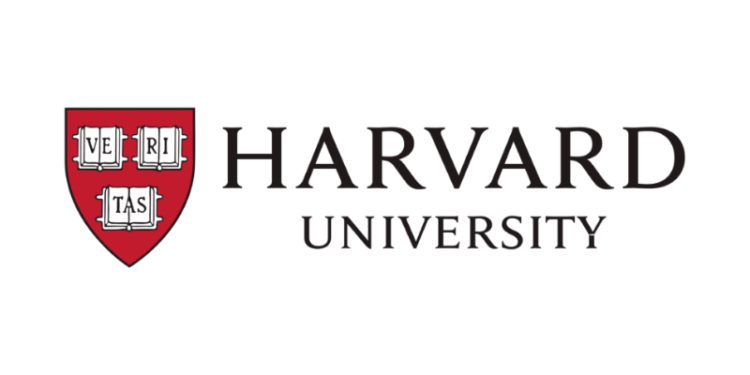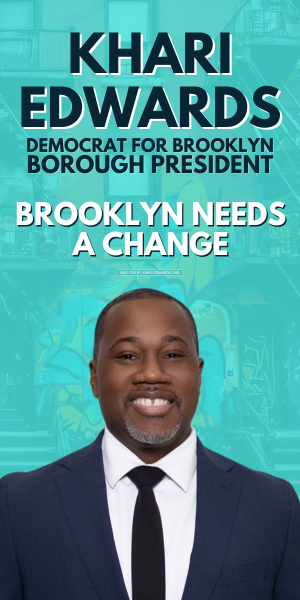On Monday, April 21st, Harvard University filed a lawsuit challenging the Trump administration’s decision to freeze over $2.2 billion in federal research grants. The legal action follows Harvard’s refusal to comply with federal directives requiring changes to university policies on diversity and student activism.
The conflict escalated after an April 11th letter from the administration demanded Harvard reassess its diversity policies, take action against campus protesters, cease recognition of certain student organizations, and implement changes in leadership and admissions practices. The university’s President, Alan Garber, rejected the demands and vowed to defend Harvard’s constitutional rights. In response, the federal government swiftly suspended critical research funding, citing concerns about antisemitism.
In its lawsuit, Harvard argues that the federal measures are an illegal attempt to coerce universities into adopting specific political stances by threatening financial penalties. The university claims the actions violate the First Amendment and Title VI of the Civil Rights Act. It further asserts that the administration’s justification—combating antisemitism—is not reasonably connected to the funding freeze.
According to court filings, the suspension jeopardizes key medical and technological research initiatives, including those vital to national security and innovation. Garber warned that halting federally funded research, particularly NIH-supported medical projects, would have lasting impacts on innovation in the United States.
Harvard also emphasized the broader implications of the freeze, stating that ongoing research, job opportunities, and collaborative academic efforts are at risk. The university cautioned that continued reliance on internal funds could curtail research opportunities for both faculty and students.
White House spokesperson Harrison Fields defended the administration’s stance, stating, “Federal money is a privilege, not a right.” The Trump administration has ramped up scrutiny of higher education institutions, using grant freezes and threats to tax-exempt status to push for policy changes. Similar demands have previously been made of other Ivy League schools.
The American Council on Education and other academic leaders condemned the administration’s tactics. “We commend Harvard for taking this action,” said Ted Mitchell, president of the council. Harvard maintains that the federal interference not only threatens the university’s autonomy but also undermines the national research infrastructure and the integrity of higher education as a whole.










